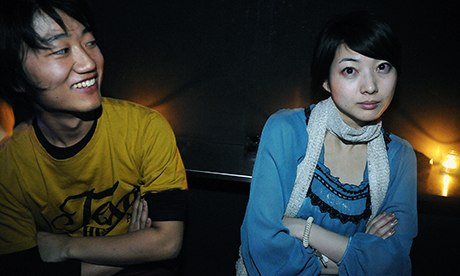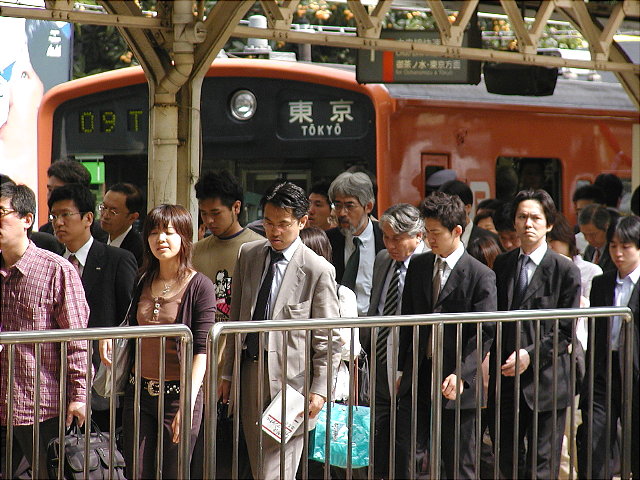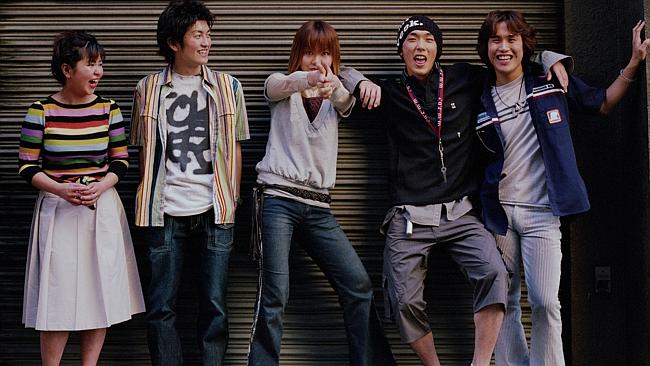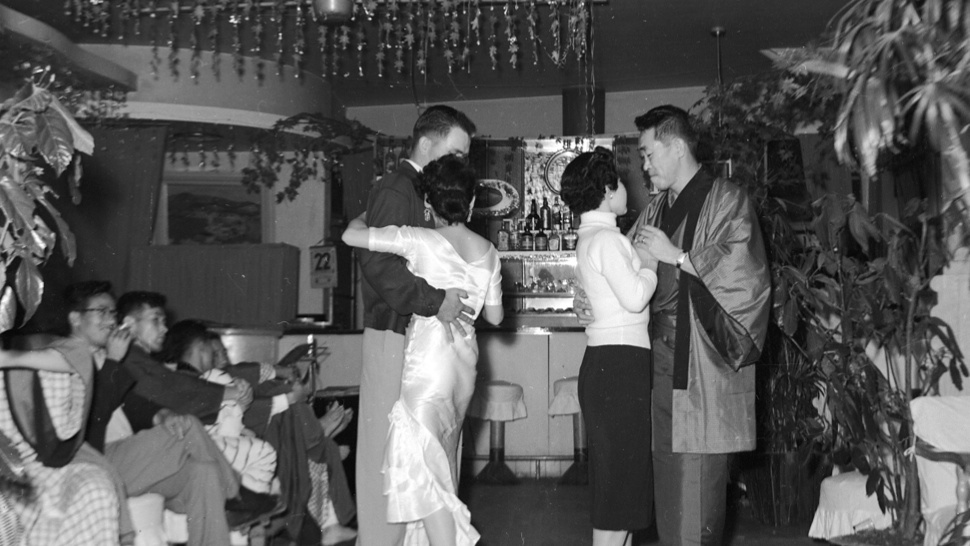Why Japanese Young Adults Are Getting Bored Of Sex
So what if Japan and, eventually, all the industrialised countries around the world are doomed to stop having sexual relations?
First thing's first, a staggering 45% of Japanese women aged 16-24 are ‘not interested in or despise sexual contact’.
The survey done earlier this year by the Japan Family Planning Association (JFPA) also found that more than a quarter of men felt the same way.
Japan's under-40s seem to be losing interest in conventional relationships. Here's why.
Millions aren't even dating, and increasing numbers can't be bothered with sex. For their government, "celibacy syndrome" is part of a looming national catastrophe.
Japan already has one of the world's lowest birth rates. Its population of 126 million, which has been shrinking for the past decade, is projected to plunge a further one-third by 2060. A prominent sex and relationship counsellor believes the country is experiencing "a flight from human intimacy" – and it's partly the government's fault.
Marriage has become a minefield of unattractive choices. Japanese men have become less career-driven, and less solvent, as lifetime job security has waned. Japanese women have become more independent and ambitious.
Yet conservative attitudes in the home and workplace persist. Japan's punishing corporate world makes it almost impossible for women to combine a career and family, while children are unaffordable unless both parents work. Cohabiting or unmarried parenthood is still unusual, dogged by bureaucratic disapproval.
The 'celibacy syndrome' phenomena is so impactful that the number of single people has reached a record high.
A survey in 2011 found that 61% of unmarried men and 49% of women aged 18-34 were not in any kind of romantic relationship, a rise of almost 10% from five years earlier.
ipss.go.jpWhat does 'celibacy syndrome' mean?
It's a chronic near-total or total absence in a person's sexuality of intimate relationships or sexual intercourse for reasons other than voluntary celibacy, asexuality, antisexualism, or sexual abstinence. It is the psycho-social opposite of having a sex life.
But actually, the celibacy for many in this consideration is voluntary, since it's not simply a matter of finding a basically decent person to have sex with, but rather it's a matter of finding and choosing someone you're attracted enough to, to want to be intimate with and have sex with them.
ipss.go.jpFor example, someone is interested in you for possibly sexual relations, but you're not interested in them enough to entertain the process, even though they're a decent person. And the people you express interest in for possibly sexual relations aren't interested enough in you for sexual relations.
Also, a third of people under 30 have never dated at all.
More men than women appear to be reluctant or unable to enter relationships, with 30% of men in their 30s, and the same proportion in their 20s, admitting that they have no experience of dating a woman.
Still, in the case of women, just under 30% of those in their 20s had no experience of dating someone, but for women in their 30s this fell by half. The number of people who had dated someone was relatively higher for women, and the percentage of people who responded that they had dated “more than 3 people” was 44.2% for women in their 20s, whereas it was 34.9% for men in their 20s.
Ai Aoyama, a sex and relationship counsellor, says: many people who seek her out are deeply confused.
"Some want a partner, some prefer being single, but few relate to normal love and marriage." However, the pressure to conform to Japan's anachronistic family model of salaryman husband and stay-at-home wife remains.
"People don't know where to turn. They're coming to me because they think that, by wanting something different, there's something wrong with them."
Learning to love: sex counsellor Ai Aoyama, with one of her clients and her dog Marilyn. Photograph: Eric Rechsteiner/Panos Picture
Image via guim.co.uk"Both men and women say to me they don't see the point of love. They don't believe it can lead anywhere," says Aoyama. "Relationships have become too hard."
Official alarmism doesn't help. Fewer babies were born here in 2012 than any year on record. Kunio Kitamura, head of the JFPA, claims the demographic crisis is so serious that Japan "might eventually perish into extinction".
The counsellor also says that the sexes, especially in Japan's giant cities, are "spiralling away from each other".
Lacking long-term shared goals, many are turning to what she terms "Pot Noodle love" – easy or instant gratification, in the form of casual sex, short-term trysts and the usual technological suspects: online porn, virtual-reality "girlfriends", anime cartoons.
tokyoweekender.comOr else they're opting out altogether and replacing love and sex with other urban pastimes.
According to experts, economic uncertainty and less job security are the main resaons for the decline in having relationships. An earlier study in America showed similar results.
The Centers for Disease Control and Prevention reported that the U.S. fertility dropped to an all-time low in 2011. Many Americans believed that financial woes are the primary reasons couples postpone having children. About 65 percent of them thought they did not have enough finances to bear the cost of raising kids.
Prime Minister Shinzo Abe has recently trumpeted plans to increase female economic participation by improving conditions and daycare. But this will especially be difficult for Japan, which has been consistently ranked by the World Economic Forum as one of the world’s worst nations for gender equality at work.
tokyoweekender.comJapan's 20-somethings are the age group to watch. Most are still too young to have concrete future plans, but projections for them are already laid out. According to the government's population institute, women in their early 20s today have a one-in-four chance of never marrying. Their chances of remaining childless are even higher: almost 40%.







